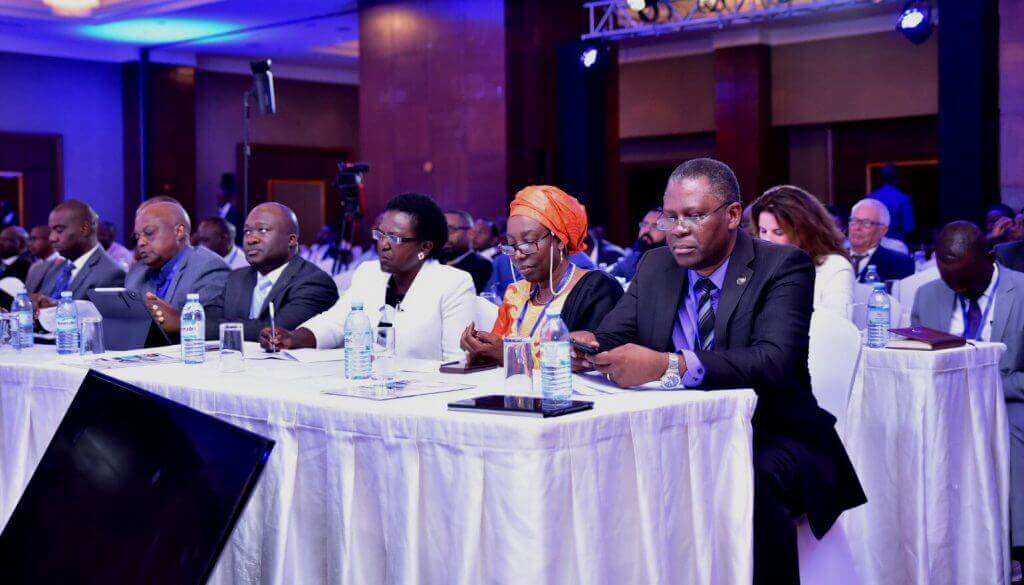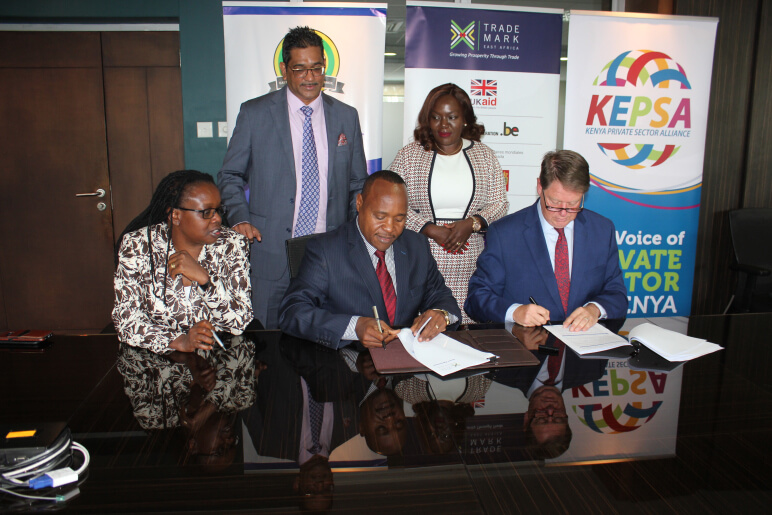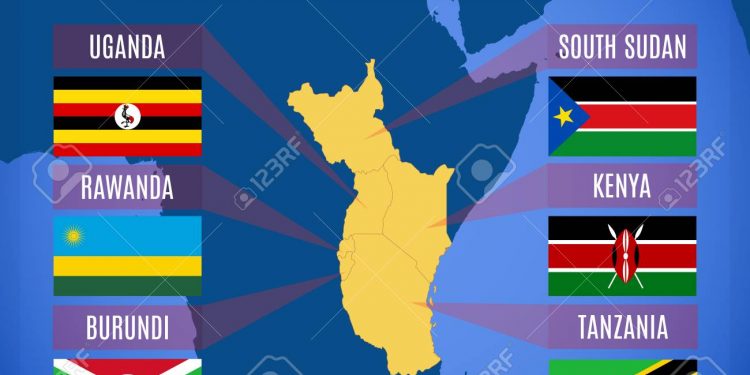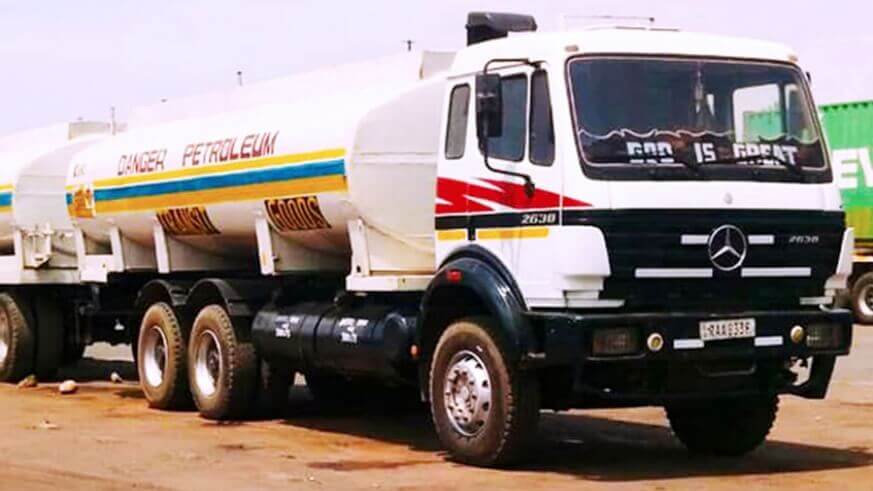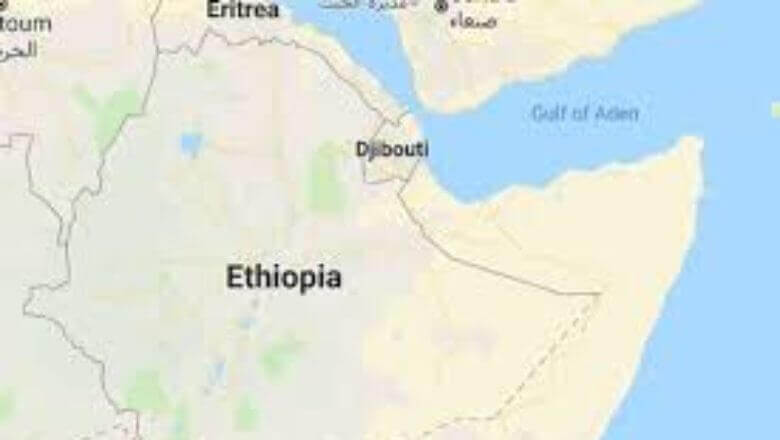The East African Business Council has called for closer government partnership and involvement with the private sector in policy formulation to enhance the competitiveness of the EAC region. This, according to the EABC Chairman Mr Nick Nesbitt will also enhance value addition in agriculture, mining and services sectors among others as well as strengthening regional value chains. “EABC is a respected coordinator and holds respective dialogue with EAC governments with balanced regional views and policy stance,” he said. Mr. Nebsitt was speaking during a courtesy visit to Uganda’s President Yoweri Kaguta Museveni, and highlighted the importance of fast tracking the comprehensive review of EAC CET; Liberalization of Opens Skies; One Network Area on Telecommunication; Harmonization of Standards in the EAC; Strengthening the EAC Secretariat on enforcement of laws; Market access with Democratic Republic of the Congo; Transport interlinkages in the region – Road, Rail and Water (lake Victoria); Inter-governmental trade dispute resolution mechanism and closer government involvement and government partnership with the private sector. “Comprehensive review of the EAC Common External Tariff (CET) is yet to be finalized four years down the line adversely affecting intra-EAC trade,” said Hon. Peter Mathuki, EABC CEO. Mr. Nesbitt further appreciated H.E. President Museveni for resolving border misunderstandings for the common good of the East African people as enshrined in the Treaty. “This will go a long way in instilling confidence to the citizens and business community,” said Mr. Nesbitt adding that a healthy and vibrant private sector will support social and economic development of the...
EABC calls for closer partnerships with regional governments
Posted on: August 28, 2019
Posted on: August 28, 2019




